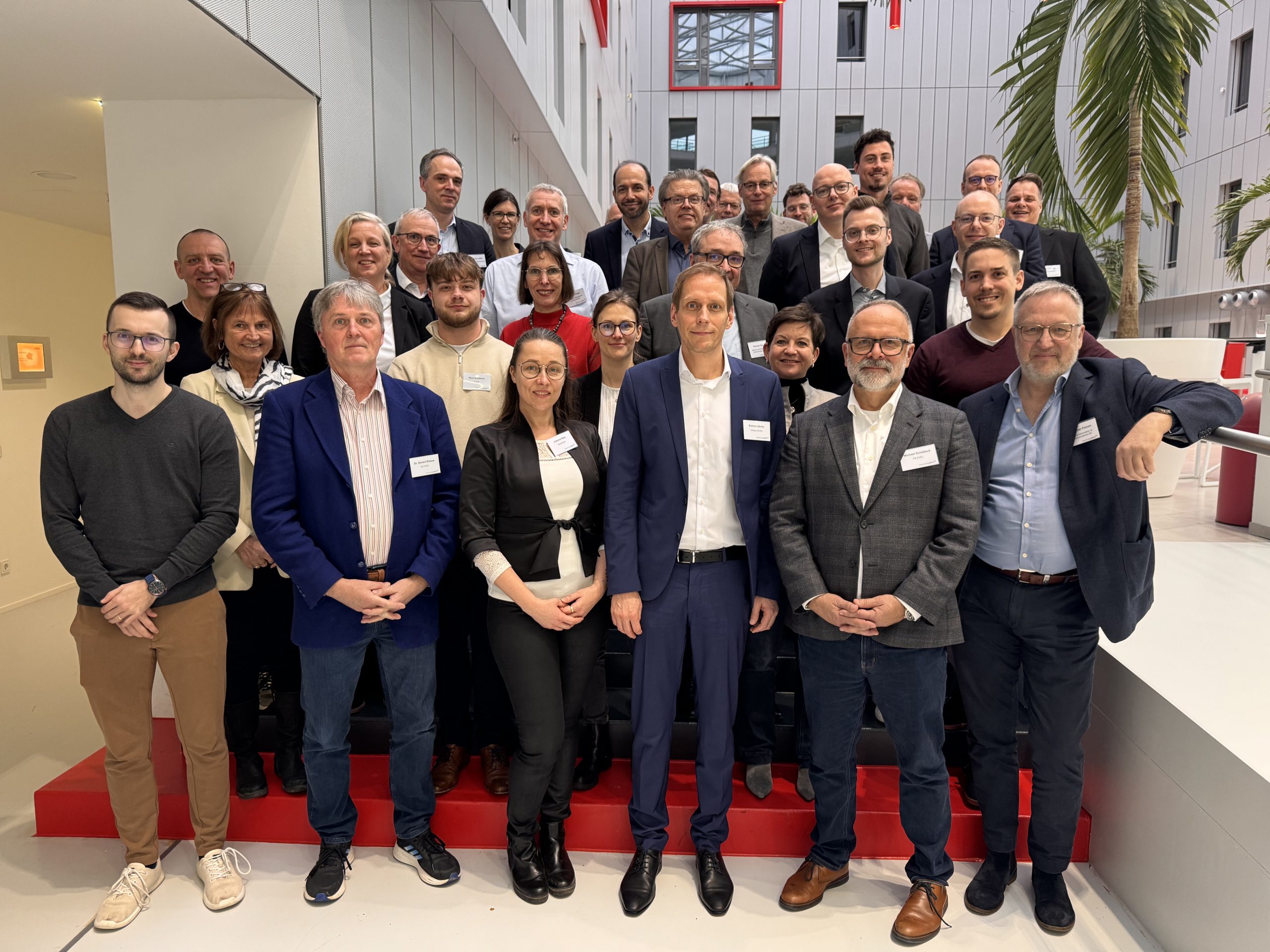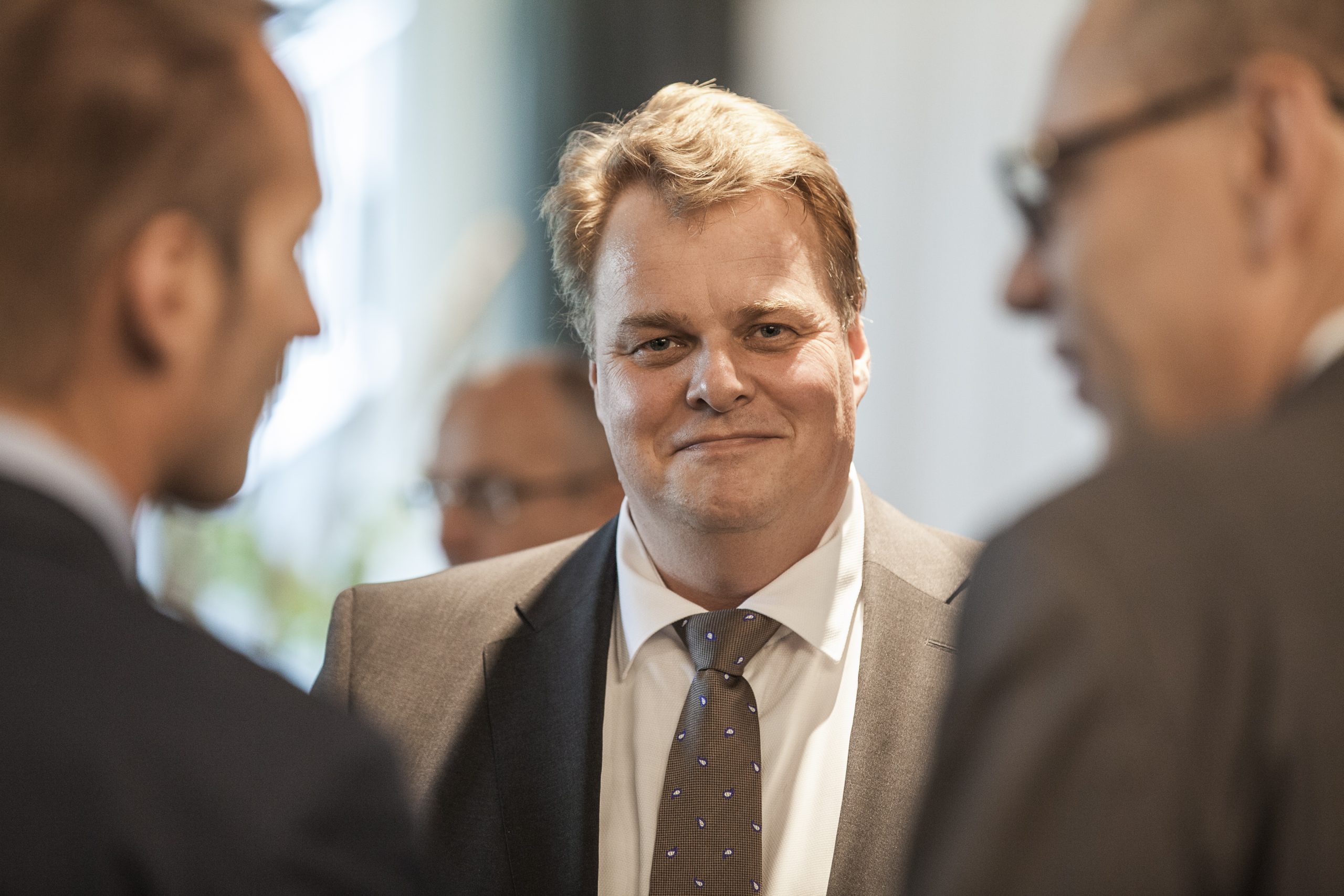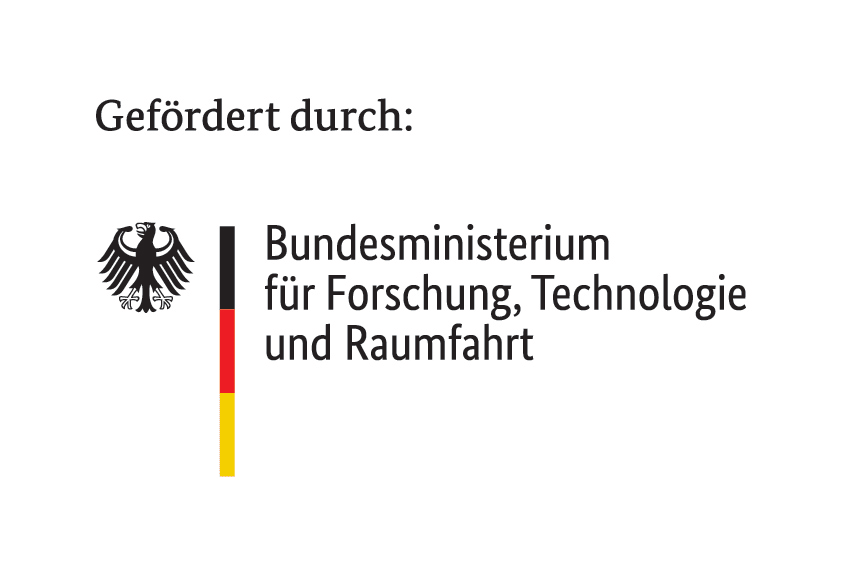“SmartLivingNEXT could become a blueprint for future European data rooms”
2. April 2025
6 minutes
The implementation of a data space based on European values brings with it a multitude of challenges relating to interoperability, data protection, security, scalability and the integration of artificial intelligence (AI) and automation. In this interview, we talk to Thomas Feld, Vice President Data Economics at Materna Information & Communications SE, about the opportunities and possibilities of a sovereign and innovative data ecosystem for Europe and the economic potential of a European smart living platform.

Mr. Feld, the idea of European data sovereignty was already developed in our predecessor project ForeSight. What is the situation here at SmartLivingNEXT?
In SmartLivingNEXT, we are building on the technological foundations and core technologies that were created in the ForeSightNEXT project. This includes an infrastructure and a common basis for the ecosystem to enable the sovereign, secure and data protection-compliant exchange of data. SmartLivingNEXT creates a digital ecosystem in the living environment in which various stakeholders from the housing and energy industries can participate. We were able to draw on large databases that were organized as silos. The result is an open ecosystem with a federated catalog that makes data and services visible from the outside, but in line with European values.
Materna is a consortium partner in SmartLivingNEXT, which is developing a sovereign data room for energy-efficient and sustainable living. What technical and organizational challenges do you see in implementing such a data room in line with European values, and how can these be overcome?
The implementation of a data space in line with European values brings with it a number of challenges relating to interoperability, data protection, security, scalability and the integration of artificial intelligence (AI) and automation. Open and standardized interfaces such as Gaia-X are required to enable seamless integration. For the scalability and performance of a data room, federated data rooms, edge computing and AI-supported data processing offer promising approaches that improve scalability while leaving data sovereignty with the company. A combination of open standards, secure and scalable infrastructure, AI governance, federated cloud architectures and cybersecurity mechanisms is required to ensure data protection, interoperability and economic efficiency.
From an organizational perspective, we need to address governance structures, corporate acceptance, legal frameworks, economic incentives and coordination between different stakeholders. Precise governance structures must define who is allowed to use, share and monetize which data. We need mechanisms for access, usage rights and the distribution of added value from the data provided. Close cooperation and coordination between all stakeholders is also required. The solution is a central coordinating body or a neutral regulator that ensures that everyone involved benefits from the data spaces.
What long-term impact do you expect projects like SmartLivingNEXT to have on the European data infrastructure?
Projects like SmartLivingNEXT are more than just technical platforms – they pave the way for a sovereign, interoperable and ethical digital future in Europe. European data sovereignty is growing and dependency on tech giants is decreasing. Interoperable data spaces and data economies are emerging. Platform diversity is also promoted. In the long term, new business models can develop and companies will benefit from the monetization of data. We are building AI models with European values. Ethical and GDPR-compliant digitalization will become standard, which will increase acceptance and trust. SmartLivingNEXT could become a blueprint for future European data spaces that establish themselves in other sectors and sustainably strengthen Europe’s digital competitiveness.
What technological progress can we secure in Europe with AI solutions beyond the usual language models?
Europe can secure technological progress with AI solutions beyond language models, especially in industry, healthcare, mobility and cybersecurity. Explainable AI, federated learning and edge AI are creating sovereign, data protection-compliant systems for predictive maintenance, personalized medicine, autonomous vehicles and adaptive security systems. These technologies strengthen Europe’s digital sovereignty, reduce dependencies and enable sustainable, ethical AI innovations.
What is the economic potential of a European smart living platform – true pioneering innovation versus dependency?
A European smart living platform could be established as a genuine pioneering innovation by combining technological sovereignty, economic independence and new data-driven business models. Instead of becoming dependent on US or Chinese platform operators, European companies could build their own secure and innovative ecosystem – and thus further strengthen Europe’s digital sovereignty in the long term.
Finally, Mr. Feld: What can the economy contribute to more data sovereignty? – Please explain very specific measures for more data sovereignty in line with European values in the smart living sector.
Companies in the smart living sector have large amounts of sensitive data at their disposal – from consumption data and grid load forecasts to intelligent building control systems and tenant information. Key levers are the support and use of sovereign cloud and data infrastructures as well as the use of standardized interfaces and interoperability. Another contribution lies in strengthening data sovereignty at consumer level. Companies can promote self-sovereign identity (SSI) approaches in which tenants, owners or energy consumers retain full control over their own data and decide for themselves which providers or services may access it.
Mr. Feld, thank you for the pleasant conversation!
Listen to the article (in German)
Editorial office:
Ilka
Klein
Category:
Flagship project




